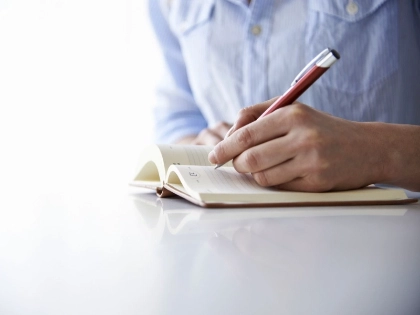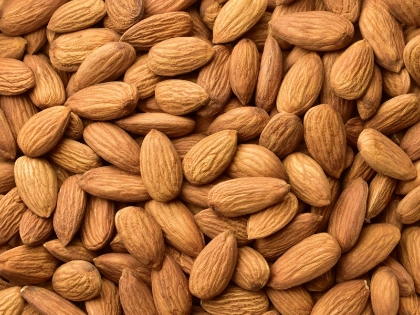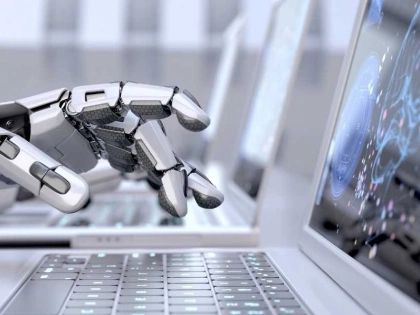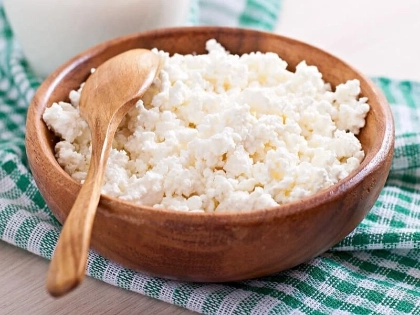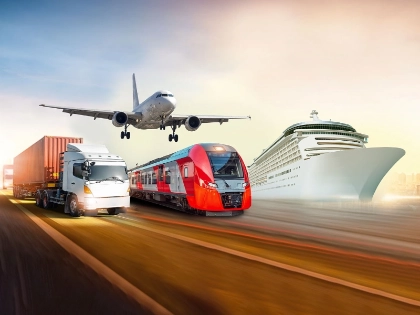The Impact of Social Media on Politics and Society
Social media is perceived by many as a potentially very powerful source of political information. However, it may also be a weapon of divisiveness and manipulation employed by hostile foreign entities as well as opponents of domestic populism. Across the 19 countries polled, a median of 65% of respondents think social media can widen the gulf between people who hold divergent political views. Higher educated people are more prone to feel this way.
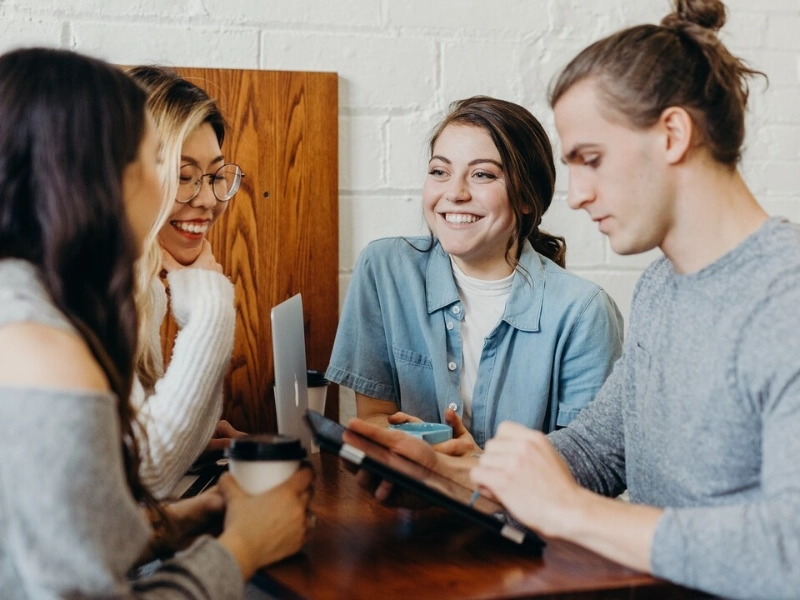
Democracy and Social Media
One essential component of republican democracy is the people's ability to challenge governmental policies and power structures. The ability of social media firms to arbitrarily censor online expression jeopardises this vitally important civic role. One unsettling case study is the suspension of Lawyers for Civil Rights' Twitter account. Social media corporations have something close to quasi-public dominance. While this differs from government censorship supported by the fear of violence, social media companies' ability to censor speech can nonetheless have a significant influence on users as citizens by preventing people from participating in democratic practises like social mobilisation and discursive participation. People are therefore less politically literate, more divided in their political views, more susceptible to manipulation through rumours and false information, and less polite in their discussions on politics. Social media "news" tends to favour divisive material that incites wrath (such as conspiracy theories like Pizzagate) and discourages thoughtful analysis of opposing or nuanced viewpoints.
Autocracies and Social Media
Unexpected effects of the social media revolution are being seen in global politics. It has facilitated horizontal information flows and two-way contact between users, making it simpler for people to plan group activities like street protests. However, autocrats can also spread false and skewed news using social media. This can exacerbate domestic populist and xenophobic sentiments, erode respect for the rule of law, and erode democratic institutions in developed democracies. Social media is having a destabilising effect by making it more difficult for dictators to regulate the flow of information and by making it easier for dissidents to organise. They have also been able to uncover crimes by getting around restrictions. A Russian blogger's film, for instance, highlighting wrongdoing in state-owned businesses resulted in management changes and enhanced corporate governance. However, social media can also stifle offline political activism, such protests, which could be detrimental to democracy. In nations where the regime is weak or unstable, this is a serious worry.
Elections and Social Media
Social media is seen favourably by the majority of people in most nations when it comes to politics, but many also think it can be manipulative and polarising. According to a recent survey, 84% of participants across 19 countries think that it is simple to deceive others on social media. Social media's influence on elections is complicated and differs between democratic and authoritarian nations. The three primary political actors that have an impact on it are the governing regime, outside forces, and internal opposition. These players utilise social media to deepen, radicalise, and destabilise the political system in diverse ways. As evidenced by the Brexit and US 2016 elections, for instance, Facebook's "filter bubbles" may lead users to believe that their opinions are unique and to act accordingly (Persily 2017). Political instability may also result from the propagation of conspiracy theories fueled by hatred, ethnocentrism, and separatist ideologies, which may be aided by social media.
Facebook and Politics
Social media has been an essential tool for political activism and mobilisation in grassroots movements. For instance, social media was used by the Brexit campaign in Britain and the Tea Party movement in the United States to plan their protests and disseminate their views to large audiences. However, they can also be used as a means of spreading false information and fake news that supports the preconceptions of the audience. This may exacerbate social division and make individuals more susceptible to manipulation. The legitimacy of democratic countries and the rule of law are threatened by this. In fact, a median of 84% of respondents from 19 different nations think that one of the biggest risks to their nation's security is the dissemination of false information online. This is particularly valid for Americans. They view social media's effects more negatively than do Israelis, Dutch, and Hungarians. They are less judgmental than Malaysians and Poles, nevertheless. This is partially due to the fact that citizens' perceptions of current events involving the state are more heavily influenced by domestic political institutions.
